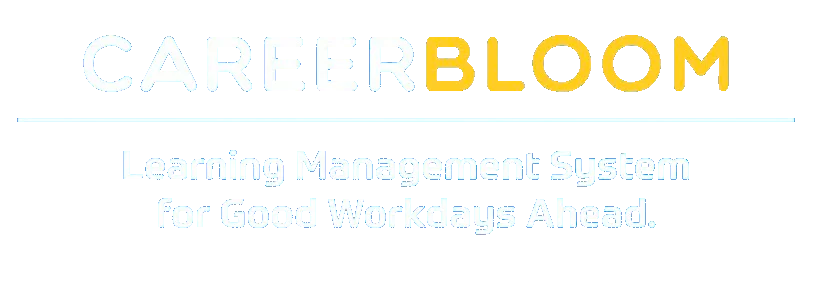If you’re getting ready for your first “real” job interview, you might be nervously anticipating questions about work experience. But remember – you got an interview. They already know
you’re lacking experience – and they’re willing to take a gamble. You just need to show them
you’re a safe bet!
How do I show I’m qualified if I don’t have paid work experience?
Let me ease your mind. Employers expect entry-level applicants to have little to no paid work experience. They’re really looking for potential – not proven skills. Your interviewer wants to know:
- How well does this person understand what they’d be doing?
- What transferrable skills does this person have that would help them succeed?
- Does this person have the right mindset to learn and grow?
See how that can change your approach to answering questions? You don’t have to feel apologetic or defensive about your lack of experience. You just need to show them you’re qualified in other ways. Every experience has taught you something – regardless of whether you were paid for
your time.
What if I don’t have direct experience performing the tasks in the job description?
That’s okay too. For entry-level jobs, interviewers want to know you have the professional soft skills necessary for success in any work environment (especially for entry-level employees). They’re not necessarily looking for direct on-the-job experience. And if they are, they probably wouldn’t have called you for an interview!
If they’re not looking for direct experience, what skills do they want to see?
Employers want to know things like – Will you show up on time, work hard throughout a shift,
get along with others, take initiative, manage your time, prioritize your work, solve problems?
There are plenty of other life experiences that can demonstrate the skills employers want to see.
What other life experiences could I use to show my skills?
This list should give you an idea of where to start.
- • Internships (paid or unpaid)
- • Part-time jobs
- • Side hustles (like a jewelry business on Etsy, lawn mowing business)
- • Volunteering
- • Team projects at school
- • Faith-based youth groups
- • Fraternity or sorority projects
How do I incorporate these experiences into my interview answers?
This is the (slightly) tricky part. The interviewer isn’t going to directly ask you (for example) how your volunteer work is relevant to the job description. It won’t be that straightforward. You’ll need to strategically sprinkle in anecdotes about your life experiences. The goal is to remove any questions in the interviewer’s mind about your ability to succeed in the job. Let’s look at an example to
make it clearer:
- • Question: What do you consider your greatest strength?
- • Answer: I believe my greatest strength is dedication. When I believe in something and care about it deeply, I follow through. For example, I am a big animal lover and have volunteered at the local animal shelter every Friday all through college. I think I only missed one shift!
- • What this tells the interviewer: This applicant may not have held a full-time job before, but she understands commitment and will be a reliable employee.
So, in summary, keep these tips in mind during your interview:
- • Employers aren’t always expecting entry-level applicants to have work experience –
and it won’t put you out of the running.
- • Both paid and nonpaid experience is relevant. Draw from all your life experiences to
communicate your value.
- • Talk about your professional (soft) skills like communication and problem-solving, which
will reassure the employer that you’d be a good fit.
- • Have specific stories ready that show how these experiences will make you a great employee.



